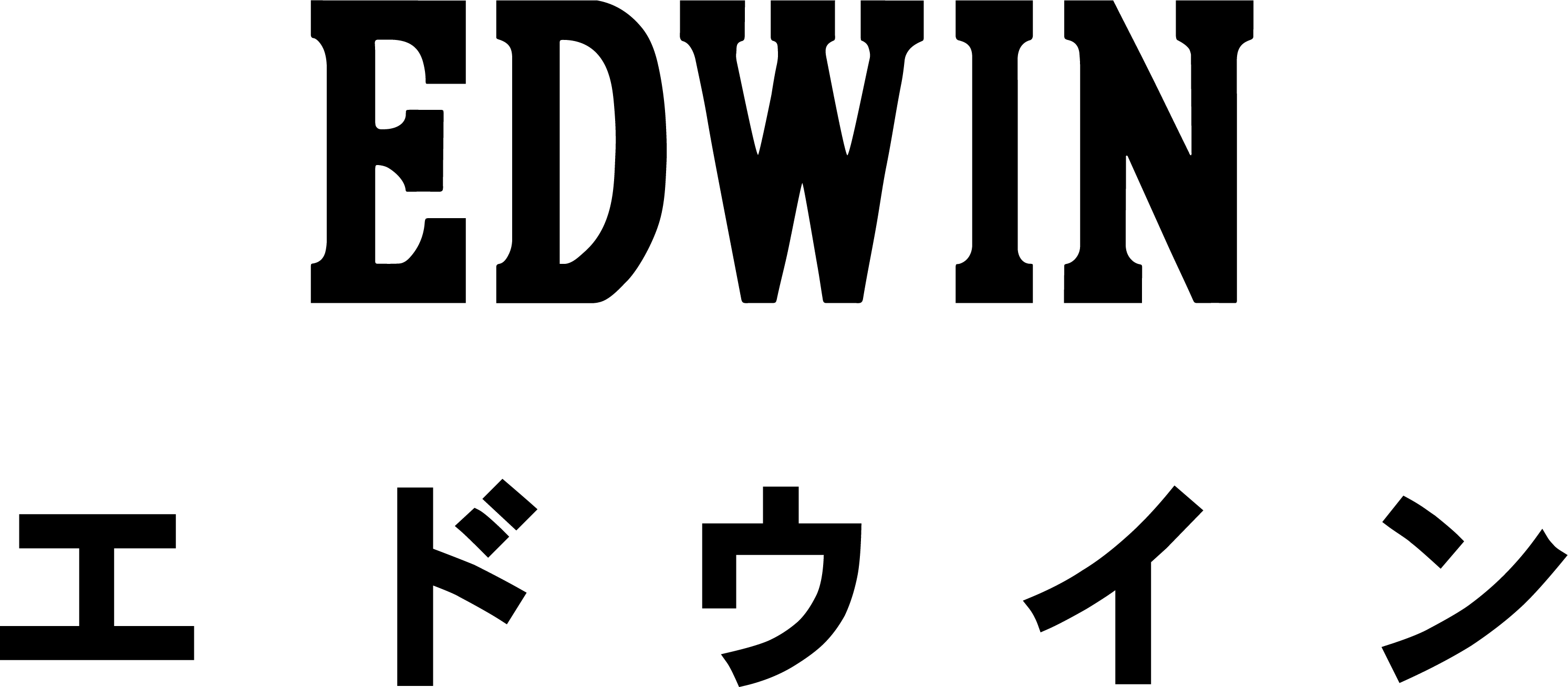№ 98 - Guillaume Des Bois
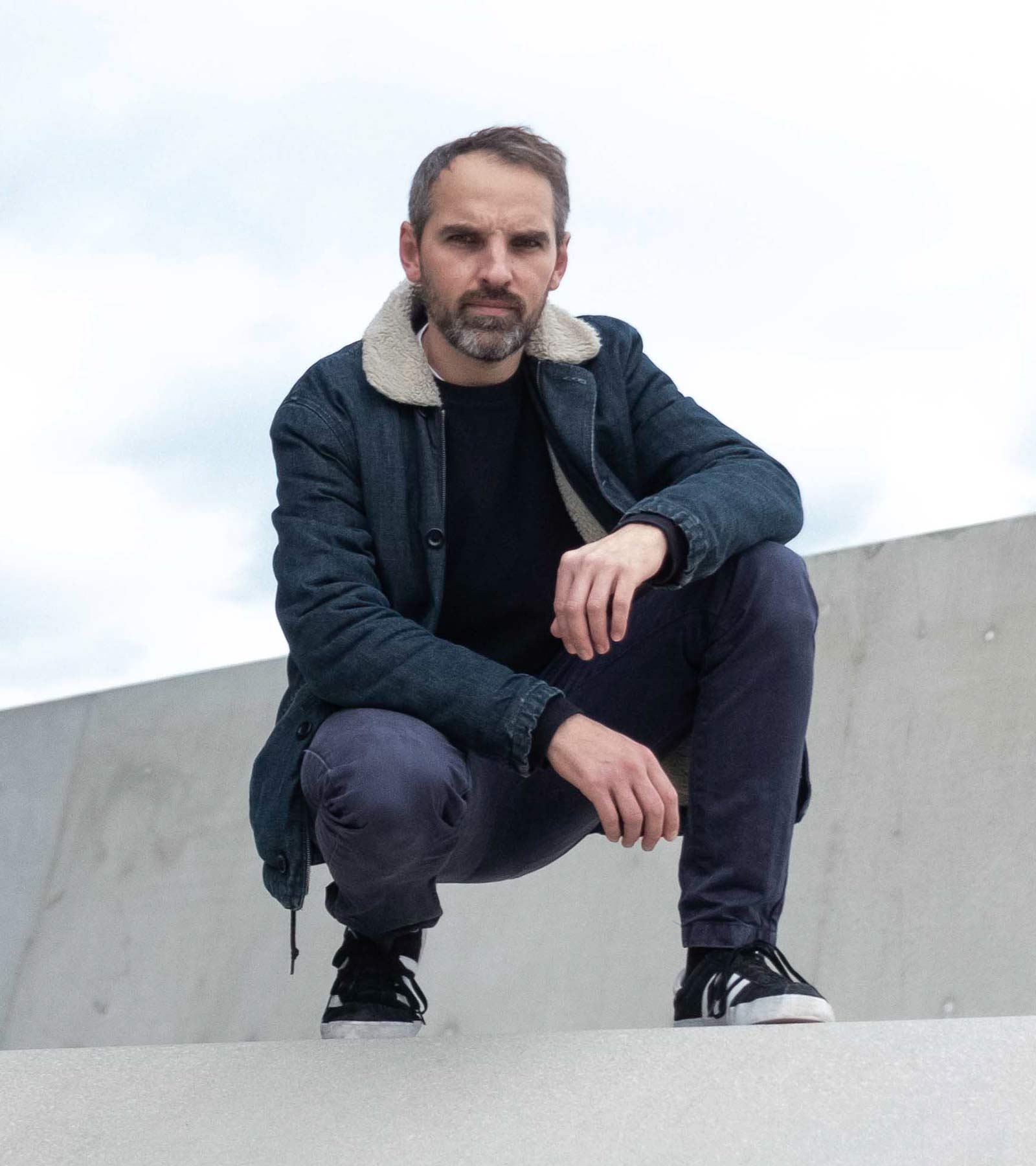

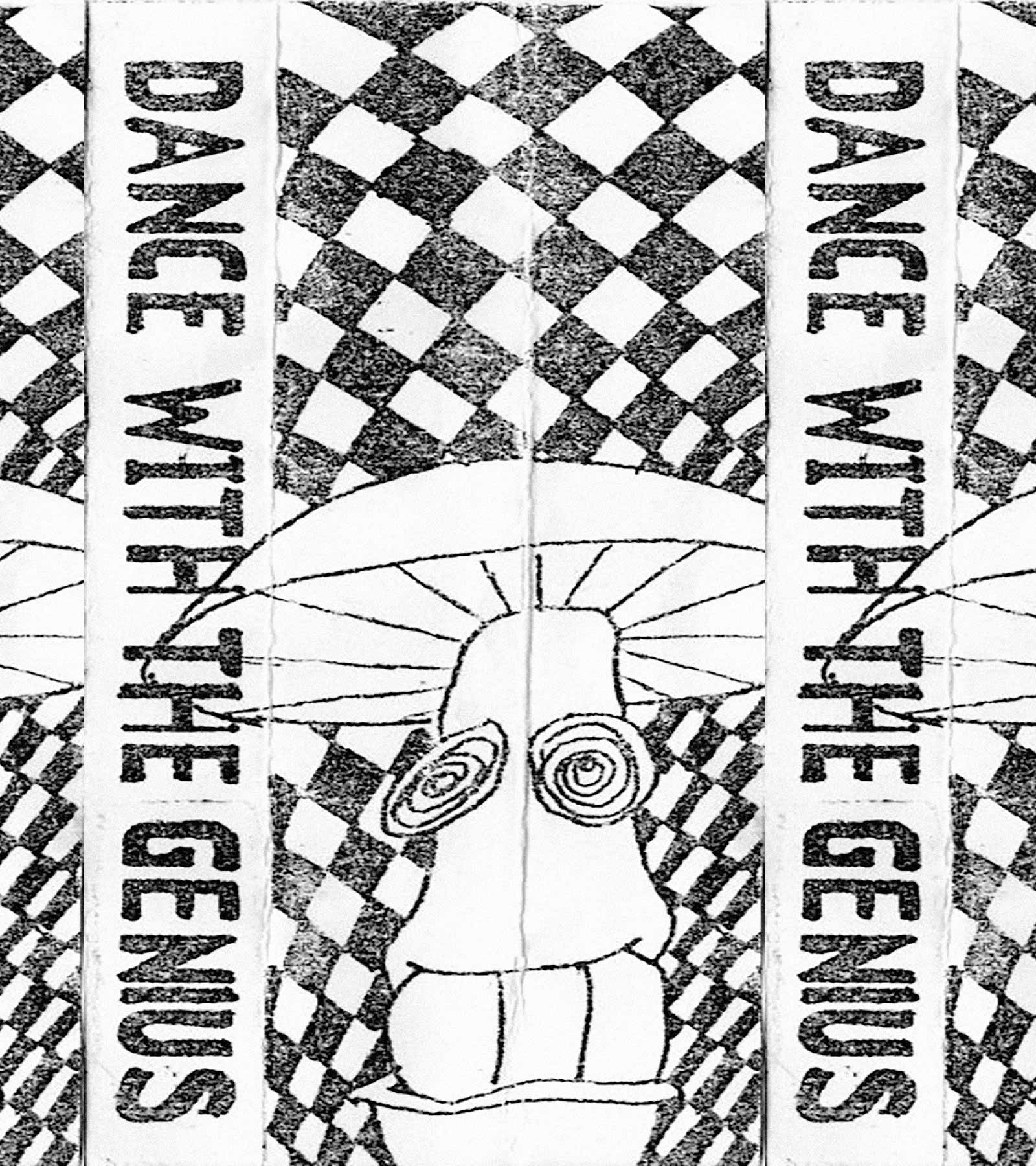
The eclectic digger mixes Acid house, Balearic, cosmic disco, dub, gabber, industrial, leftfield, pop, reggae, synth-wave, techno, trance or twisted library spheres - Guillaume welcomes all kinds of music.
He started his passion as a youngster in the countryside, where he compiled his favourite tunes on mixtapes. After becoming a DJ, he worked briefly as a technical assistant for Radio Nova in Paris, while studying electroacoustic music at Le Conservatoire d’Evry.
Subsequently, in 2012, he founded the label Macadam Mambo with his compatriot, Sacha Mambo – a platform for a wide spectrum of entertaining musical expression without catering to the mainstream spirits. Guillaume contributed under the alias Bob Bernard with compilations like the "Macadam Mambo Edits" series, released two solo EP's featuring disco, hip hop, funk synth-pop, tribal and new wave and dropped a double LP as part of "Macadam Mambo DJ's" together with Sacha Mambo.
Besides working on his very own music and digging around the clock, he also is a busy DJ, that performed all over Europe at clubs, distinctive parties and renowned festivals like Nuits Sonores and Camp Cosmic. His latest musical output is "L’important dans la vie c’est de continuer de danser" - a monthly radio show on LYL Radio and KMAH where he strolls, freewheeling through his multicoloured vinyl collection with his buddy, Sacha Mambo.
As usual, we catch up with our host about his life, his passion, his EDWIN Music Channel mix and his future plans for when things get back to normal.
Check the spell below and get absorbed by almost 100 minutes dark electronic soul music.
INTERVIEW
Q. Hey Guillaume, could you let us know a bit about your life with music. When did your passion begin and what did you make of it?
A. It started at a very early age: I already had a turntable and a small collection of records when I was a child. I loved to sort them by genre or artist – and I quickly started to record my favourite tracks on to tape. Later, during college, I went through a heavy punk period, but at the same time, I was fascinated by new-beat and acid. My jackets were full of pins with smileys and stuff!
In 1994, I had a revelation: by chance, I ended up in a rave-party where Liza 'N’ Eliaz was playing. It was completely crazy. It was the future for me, and Liza was part of it! Before that, I was only interested in live bands, rock and industrial music, guitars, pedals, drums and such, to the point where all I wanted was a Stratocaster. But my parents couldn’t afford it, and neither could I, so in that sense, in the end, Liza 'N' Eliaz was a double blessing. I forgot about the guitar and immediately began to save money and bought two turntables and a mixer. I was discovering a new culture... Rave culture! I still haven’t parted from it, and I probably never will.
Q. You release music under different aliases like Bernard Palaglia, DJ Paturage and Guillaume Des Bois. Does each name represent another creative side of you?
A. Through the Bernard Palaglia alias I investigate specific aspects of sound: I’m exploring our relationship with time, its elasticity, brutal changes, weightlessness. I got into this in the early ‘00s and began to take classes of electroacoustic music at Le Conservatoire d’Evry (a Parisian suburb). Before that, I was working at Radio Nova’s studios as the sound engineer’s assistant, and I longed for a move into film and advertisement production, just to be able to borrow their top-quality microphones for my weekends and use professional studio’s and machines. I recorded a lot of things, from soundscapes to tiny sonic details. It was a true passion, recording everything in order to transform it, destroy it, to play later with.
Regarding Guillaume Des Bois, my approach is more related to digging and djing: I’m interested in cosmic sounds, Sci-Fi-related soundtracks as well as any odd records that’d come through. The Paturage alias is related to my first love for electronic music and free-parties: hardcore, hardtek, tribe, gabber, and my first experiences with the police, that was quite rough of a period, yet funny!
Q. You have been involved with the Lyon-based label Macadam Mambo. Can you tell us a bit about your story with them?
A. Over ten years ago, I discovered Cosmic Dudes, Loud-E and Albion. Their mixes were crazy! I was a fan. This sound was completely new. To me, they were Tom Moulton and Ron Hardy’s heirs. It was a particular time when editing had a strong meaning and I still enjoy it. It’s something I had already been doing before meeting them, it always has interested me as a significant DJing approach: you find great obscure records are impossible to play in nightclubs (they all had kitsch/cheap parts) so you adjust them, make them playable, make them sound the way you think they should. It’s also for me a way to turn cheap, forgotten records into audible, unheard pleasures for the audience.
Anyway, at that time, besides Les Edits du Golem, nobody was doing that in France. I called Sacha and told him: “Man! We have to do that now!”. He was in the same vibe and also wanted to start his own label... So, we started Macadam Mambo. I’m not really part of it anymore (we still have our shared LYL Radio show though) but I’m full of good memories and unforgettable parties!
Q. Disco, synth-pop, funk, new wave, and back in the days even techno: your stylistic spectrum has been very wide. What are your preferred styles today or do you consider yourself an eclectic producer?
A. Concerning music, I’ve always been voracious. I love to discover new things. My relationship with music is very physical: I love the object, I love to feel it, to walk with it, to wander around with it, to drive and stop by unexpected places and weird record stores to dig up new gems. I became eclectic, style-wise because I've always loved to put my hands on every piece of music, whatever the genre. I’d listen to everything I gathered in my car while driving, and because I used to spend a lot of time on the road it naturally extended my musical palette. I also worked with Chez Emile Records for a couple of years, that reconciled me with electronic music.
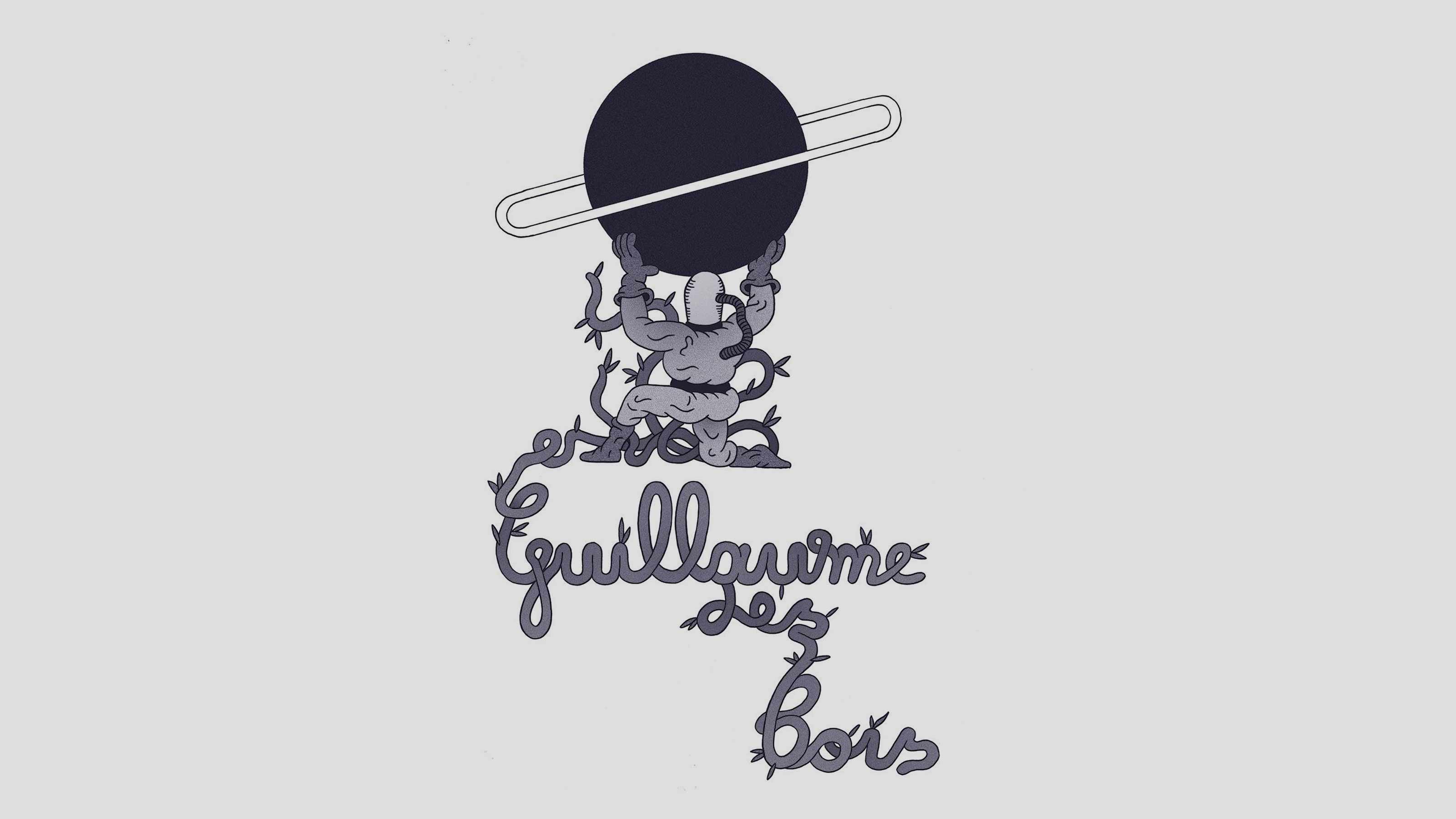
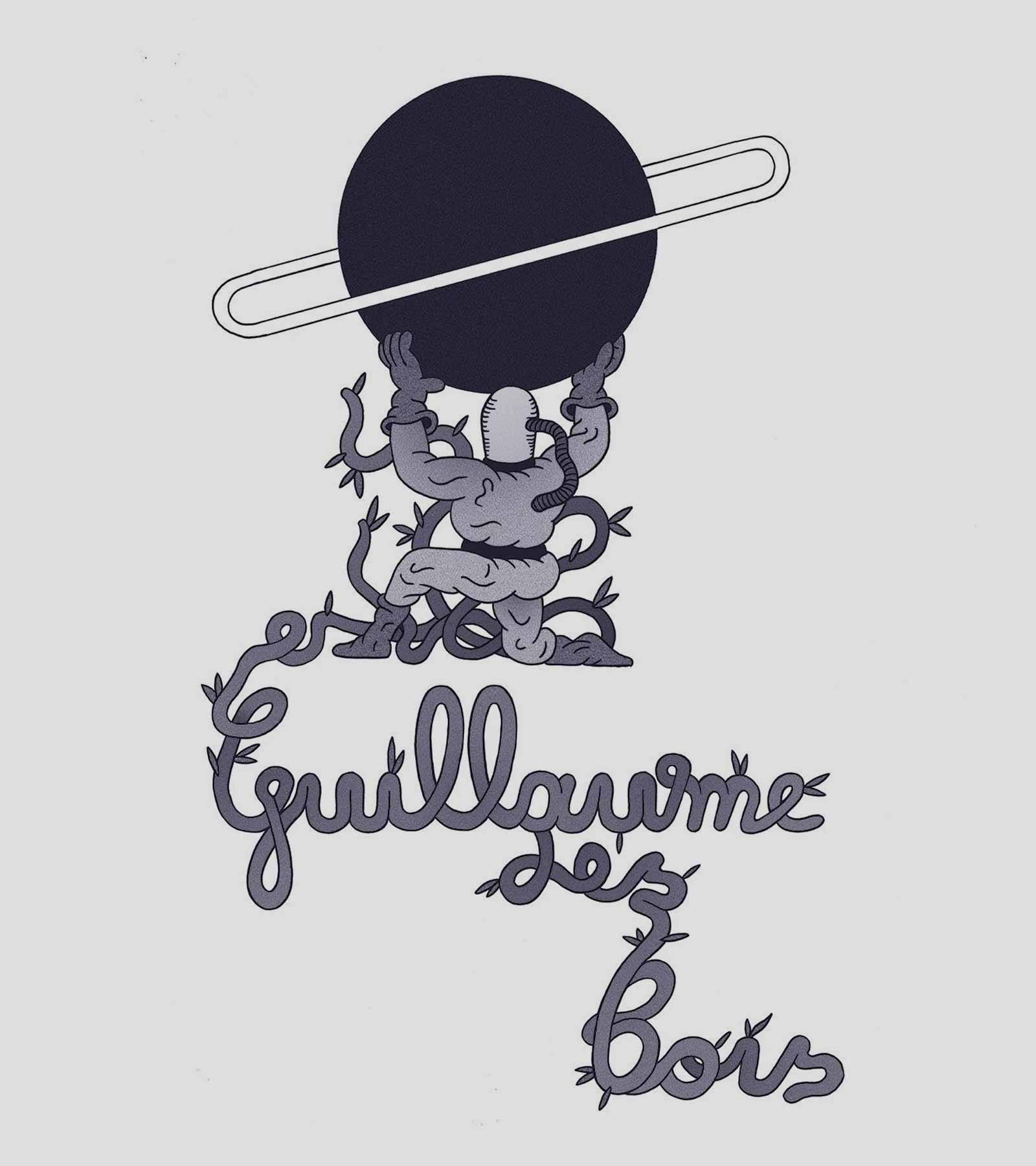
Q. In your mix for The EDWIN Music Channel we can hear a lot of styles from acid, techno, trance to trip-hop, downbeat, and odd electronic sensations from '92-'97. What is the idea behind the mix?
A. I was a bit nostalgic while doing this mix... It’s a journey through an era that I miss, even more during these strange times. I think that producing and releasing music was different in the 80's/90's. You really had to be committed to publishing a record: there was no internet, no social networks, no quick-digs through Discogs, no tutorials on how to press vinyl, the factories had time to do a nice job like an artisan. Today, we seek profitability too much and forget the most important: you pretty much have to sort it out by yourself! And in that sense, I feel that you had to be a lot more driven than nowadays. That’s also a reason why I’m still fascinated by my 70's, 80's and 90's record collection, anything before 00’s really! These are beautiful objects, with incredible music, the design, the artwork, the print... It’s difficult to find the same quality today. At that time, it was also so nice to go out and dig, finding records on your way, records that you would have never expected to have an impact on you. Today we spend too much time in front of a computer... So, that’s the vibe I wanted to share: electronic music before the internet. But above all, I just played music I love!
Q. All tracks seem to be linked by spoken word samples and other verbal statements. What do you like about this kind of message in electronic music?
A. It’s somehow related to my previous answer. If we talk about the aesthetic of the tracks, most of these producers were deeply inspired by Sci-Fi themes and stories. I’ve always considered it as a reflection of reality, not as pure fiction. This mix reflects the on-going dystopia we’re experiencing today. Artificial intelligence, new technologies took control over our lives, yet there’s always a parallel world, a creative world ready for a revolution, that’s what I believe in.
Q. What are your future plans? Any new releases coming up?
A. I have no records and no edits in the making, but I’m doing a lot of music! I’m working on my own productions. I also have the project of opening a record shop in Lyon with my friend Olivier Muschler (Mush) – but we’re still early in the process. Meanwhile, I’ll probably sell my records at Bistrot Senior (also the location for LYL Radio) here and there.
Q. The COVID-19 pandemic had a massive negative impact on the global music scene. How do you see its future and what will change in your opinion?
A. I’m very cautious on this subject, but we’ve all realised that the way it has been managed since day one has been a disaster. And most importantly, it opened the door to dictatorship. It’s a great loss, freedom-wise. Modern medicine, pharmaceutical lobbies and politicians, it's a catastrophe! Regarding the global music scene, it will come back, but will never be the same. Let’s hope for the best, maybe a reviving reset. The most important thing is that everywhere in the world, local initiatives become more exciting, more militant.
Q. How do you spend your days during lockdown and how do you keep your spirits up to stay positive?
A. I have always lived disconnected, quite marginally, and even more so during this period. Like the mighty Toyes chanted: "I try to wake up early, I smoke two spliffs in the mornin’ then two in the evening". More seriously though, I’m staying away from social networks, media, news, political speeches and so on. I try to focus on what my son needs and how to lift his spirits, as for a lot of children this COVID shit is a pernicious way to live. So, keeping away from the day-to-day nonsense helps to keep my son smiling, as well as going through my record collection!
